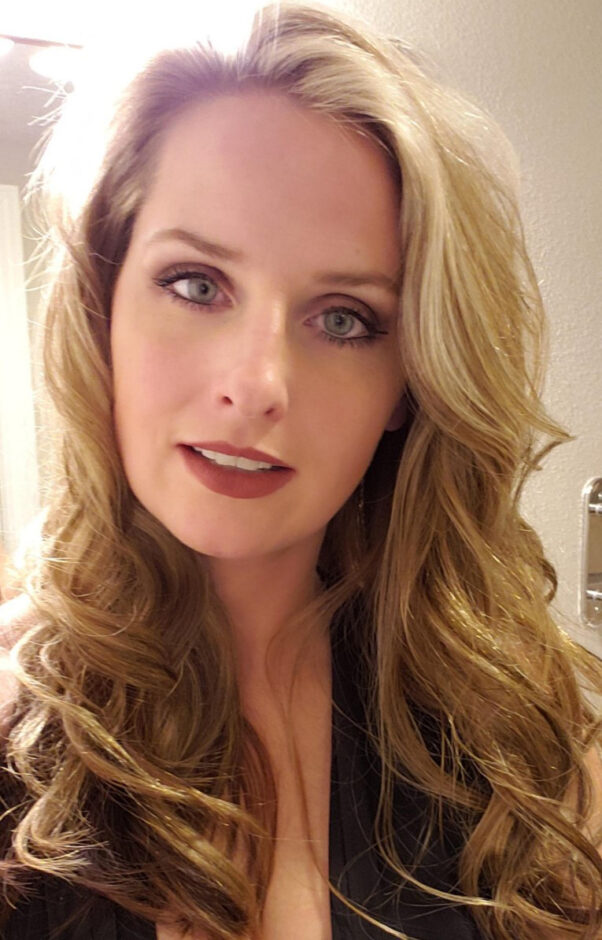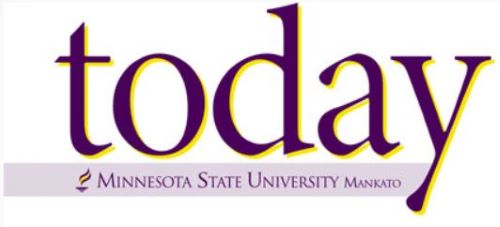Making final arrangements
By Drew Lyon
Few industries felt the immediate impact of the pandemic more than frontline health-care workers. Long-held practices were overhauled to slow the spread of COVID-19.
Since mid-March, when COVID-19 upended health-care protocols, registered nurse and Minnesota State Mankato student Cy Schweiss has shifted to incorporating outside-the-box care for her patients and their family members.

“Nursing through a pandemic is using critical and creative thinking skills,” says Schweiss, who’s on track to earn her Doctor of Nursing Practice in May 2022. “You’re trying to do your job efficiently, but you’re also trying to find creative ways to make it safe and holistic and family-oriented.”
Schweiss works at a small rural medical center, where her creativity and quick thinking recently led to a moving family farewell for one patient.
Because of the pandemic, safety measures were put in place in hospitals across the world limiting family members’ interactions with patients.
Recently, Schweiss says she wracked her brain trying to safely find a solution for a dying patient’s family to say goodbye without exposing others. Already outfitted in Personal Protective Equipment (PPE), she also donned her creative-thinking cap.
“It was burning a hole in me,” she says. “I had to find a way.”
In less than an hour, Schweiss and the facility’s director of nursing formulated a compromise by placing the patient in the hospital’s ambulance bay, just in time for a quick, moving goodbye with his family. Staff opened up the sides of the ER bay, allowing for a warm sun to shine through. The patient died shortly after he was given his last rites, surrounded by his loved ones and a soft spring breeze.
“We couldn’t have planned it any better. I couldn’t believe it,” she said. “All of us were silent, in awe. Our plan worked the best possible way for this family.”
Schweiss says her nursing education at Minnesota State University, Mankato encourages such consideration not only for patients, but also for family members.
“I doubt I would have responded the same way, in that situation, if I had not received the education and guidance that University faculty have provided on the family experience,” she says.
“My education has highlighted the importance of the family experience in health care. The faculty, throughout my education, has enhanced my appreciation for the family as an integral piece in holistic nursing practice.”



